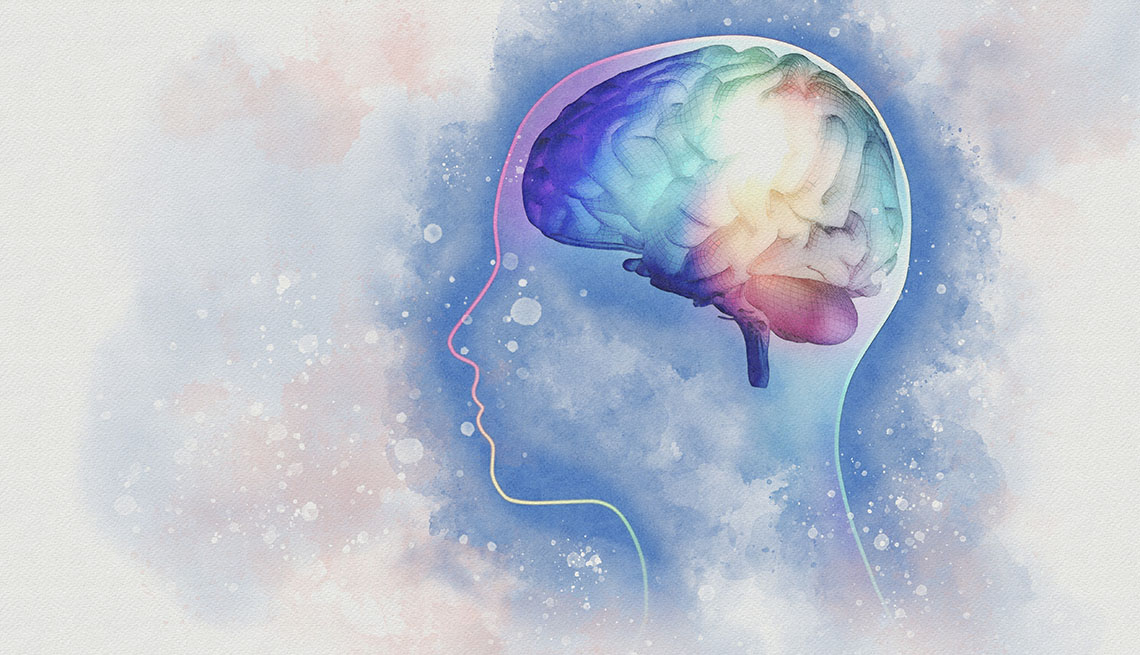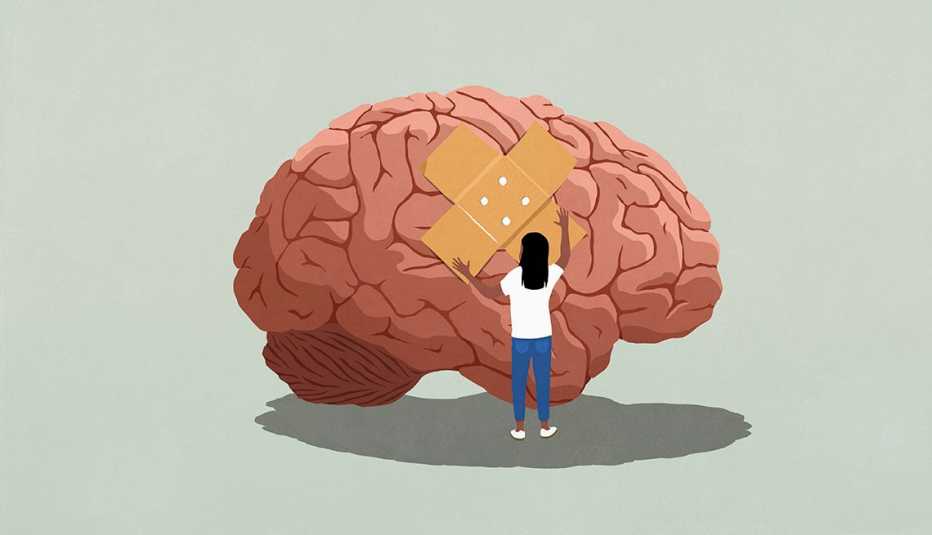AARP Hearing Center
American singer-songwriter Michael Bolton underwent emergency surgery in late 2023 for a brain tumor that turned out to be an aggressive form of cancer known as glioblastoma. In a new interview with People, the 72-year-old Grammy winner says he has since completed chemotherapy and radiation, and is spending much of his time with his daughters and grandchildren.
Bolton needs routine MRIs to make sure the tumor doesn’t return, which is common with glioblastoma. Still, he says he remains hopeful. “I want to keep going. I feel there’s still a lot to do on the fight side,” Bolton told the magazine.
Roughly 1 million Americans are living with a brain tumor, and nearly 80,000 adults were diagnosed with a primary brain tumor in 2023, according to the National Brain Tumor Society. Each year, 70,000 to 170,000 people are diagnosed with secondary (metastatic) brain tumors, caused by a cancer that started in the lung, colon or elsewhere in the body. Older adults are at higher risk for these types of tumors because they’re more likely to have experienced cancer. Nearly half of all glioblastomas are diagnosed in patients older than 65.
Not all brain tumors are cancerous; in fact, most aren’t. But even benign tumors can be life-threatening and can cause debilitating symptoms, such as blurry vision, hearing loss and confusion.
An individual’s prognosis depends on what type of tumor they have and how quickly it is detected, says Katy Peters, M.D., a neurologist in the Preston Robert Tisch Brain Tumor Center at the Duke University School of Medicine. “For most every kind of brain tumor, if you can get it out early while it’s smaller, you have a better prognosis,” she says. “We want to catch things before they cause any permanent damage.”
Symptoms vary, depending on the tumor’s location. Because brain tumors are so rare — affecting about 30 out of 100,000 American adults, according to Johns Hopkins Medicine — common warning signs can often point to other health conditions, Peters notes. She recommends talking with a doctor right away if you experience any of the following symptoms:
1. A seizure or muscle spasms
A seizure happens when something disturbs normal brain activity, and it’s often the most obvious symptom of a brain tumor, says Keith Black, M.D., chair of the department of neurosurgery at Cedars-Sinai Medical Center in Los Angeles.
Some seizures (called tonic-clonic or grand mal seizures) cause a person to cry out, fall to the floor and experience all-over muscle jerks or spasms. Other types of seizures affect only one part of the body or cause the afflicted to seem temporarily confused or unaware of what’s happening.









































































